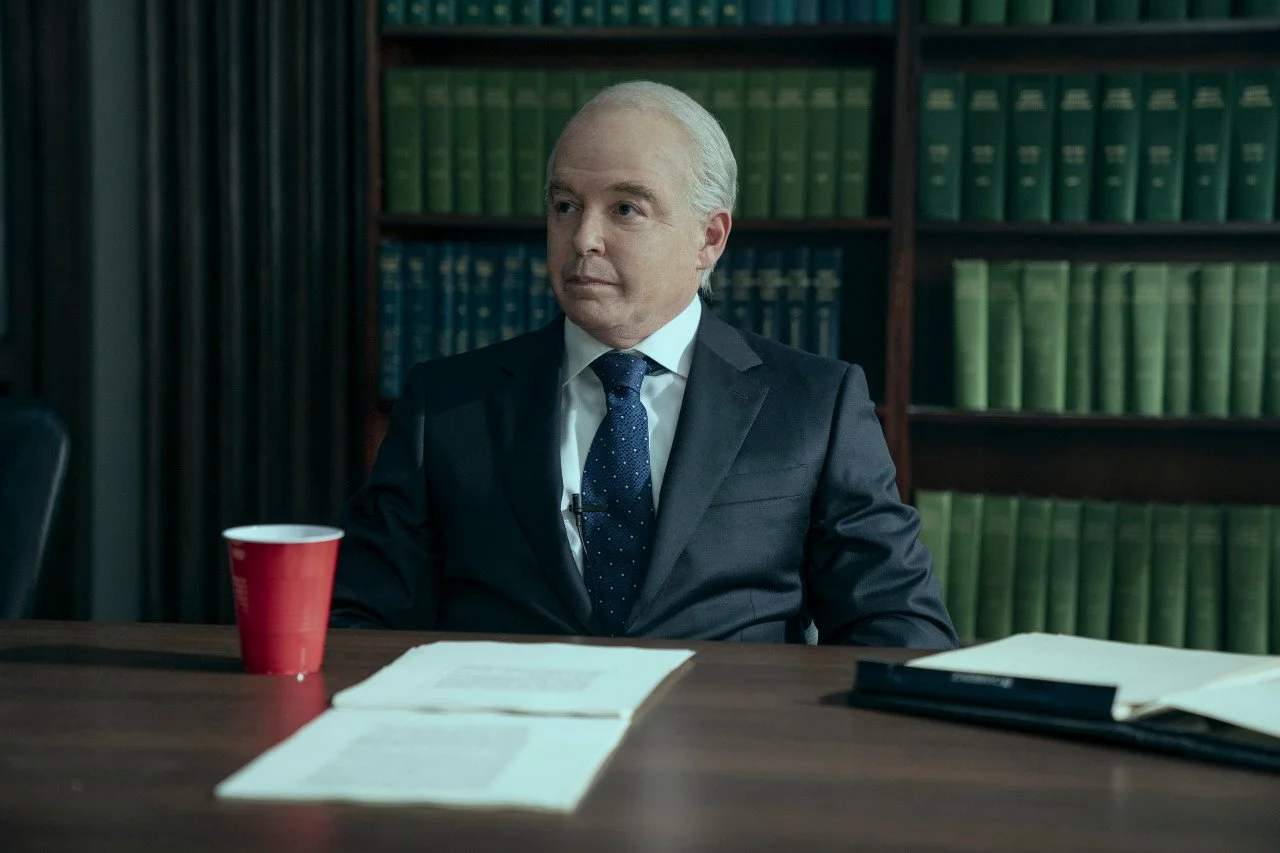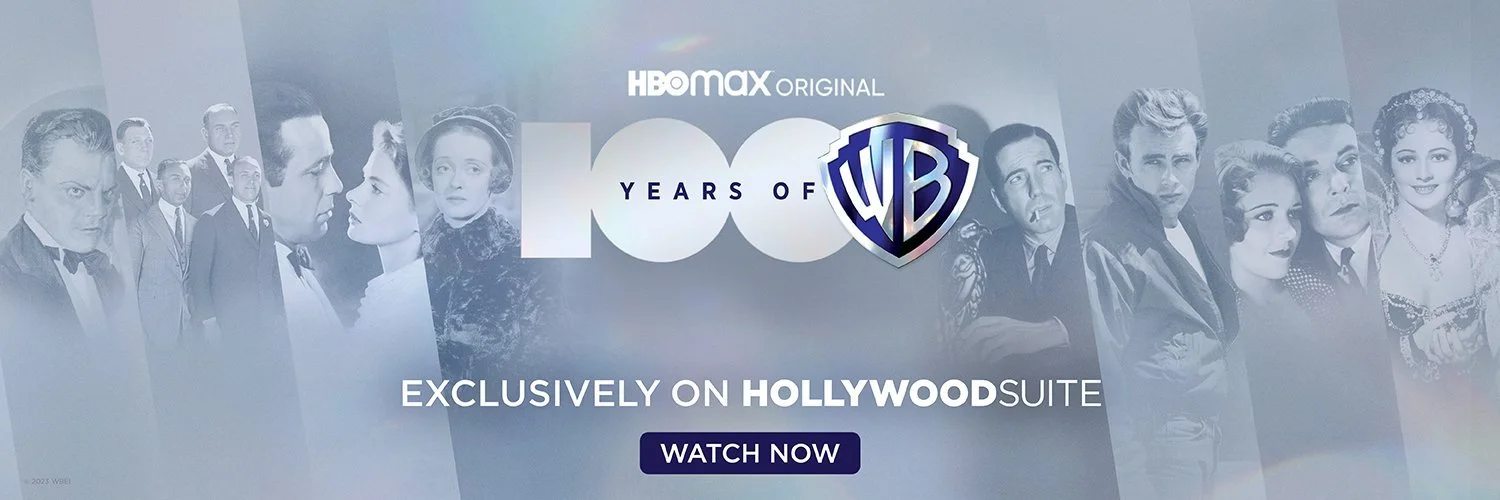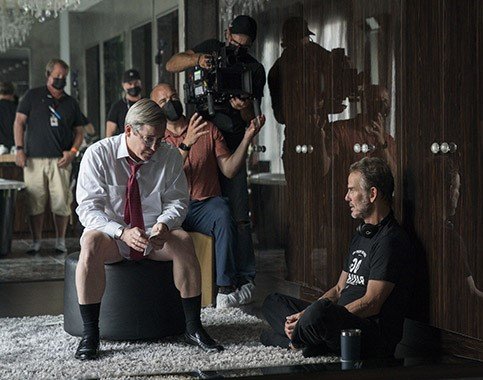Original-Cin Q&A: Director Peter Berg on Documenting OxyContin Horrors in New Series
By Bonnie Laufer
If you were riveted by the series, Dopesick then get ready for Painkiller.
Completely shot in and around Toronto, it’s a fictionalized retelling of events in scripted limited-series form that explores some of the origins and aftermath of the opioid crisis in North America, highlighting the stories of the perpetrators, victims, and truth-seekers whose lives are forever altered by the invention of OxyContin.
Starring Uzo Aduba, Matthew Broderick, and Taylor Kitsch, the new series is based on the book Pain Killer: A Wonder Drug’s Trail of Addiction and Death by Barry Meier and the New Yorker article, The Family That Built an Empire of Pain by Patrick Radden Keefe.
Our Bonnie Laufer caught up with Painkiller director Peter Berg (Friday Night Lights, Deepwater Horizon, Patriot’s Day) to discuss the new series — now streaming on Netflix — to find out why he is so passionate about this crisis. (Click to watch Bonnie’s interview with series producers Eric Newman and Barry Meier).
ORIGINAL-CIN: When you dove in and really started to find out what went on and how many people affected, what shocked you the most?
PETER BERG: The thing that shocked me most was the ways in which Purdue Pharma and the Sackler family were able to create this drug which was essentially heroin in a little pill form and get it approved and cleared by the FDA. Where they said it was ‘believed’ to be not addictive. People want to make money and capitalism is a real thing and OK, I respect it if your thing is making a lot of money, but this is hard to process. That the Sacklers and the people who worked for them could be OK with making money this way is shocking to me. Plus, that they could just do it and get away with it was mind-blowing.
O-C: And let’s not forget the people you're supposed to trust, the doctors prescribing it?
Matthew Broderick (left) on set with director Peter Berg.
PB: Well, yeah, at first doctors were ignorant but very quickly so many doctors realized that they can make money too and pharmacists can make money. People ask me what's a lesson to be learned and I say one of them is the next time some doctor tells you to put a pill in your mouth ask yourself really, what is this pill? Who made it and what is this going to do to me in the long run?
O-C: After so many years, Painkiller reunites you with our Canadian boy, Taylor Kitsch who you worked with on the series, Friday Night Lights. He’s just so good in this series.
PB: I love Taylor and I know him very well. He's quite public about some of his family members who have gone to hell and back with Oxycontin, and I knew this would be a story that would resonate with him. He's always committed but he would find a new gear with, and he did. You know, I always thought he would connect to it and deliver a great performance and he surely did it.
O-C: I was impressed that every episode starts with [the story of] a real-life person affected by this. A victim whose child had died or a loved one. Tell me about the decision to start with those painful testimonials and that they were open to doing them was so brave.
PB: We were told by legal that we had to have disclaimers upfront, saying that some of the facts have been changed and fictionalized. Then I thought, ‘Why don't we have parents read this and say, yes, some of what you're going to see is fiction, but here is our story.’ We did this in large part because you can't get any real information on the Sacklers. What is nonfiction is that my child was killed by an oxycontin overdose.
We thought that would be a very compelling way to lock people into the reality of what they were about to see. It was shocking to us to find out how many parents in the Los Angeles area wanted to talk and share their stories.




